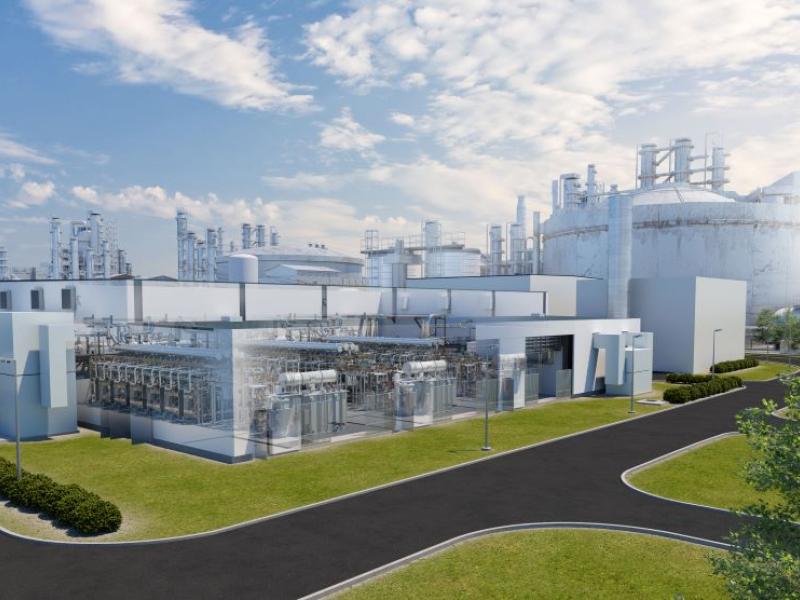The James Dyson Award is open for entries between March 6th - July 17th, offering winners a chance to secure a portion of a global prize fund. To date, the Award has supported over 400 young inventors with more than NZD$2 million.
Thew Award is calling for novel inventions that tackle a pressing real-world problem.
Young inventors’ ideas have the potential for global impact Open to all engineering and design students and recent graduates, the Award seeks ambitious designs that address a global issue, from cancer diagnosis to natural disasters. With global recognition offered to an International Winner and a Sustainability Winner, past winners include an off-road ambulance trailer to rescue the wounded from conflict zones, a paint made from recycled glass that vastly reduces the need for air conditioning, and a device to control bleeding from stab wounds.
Last year, Massey University student Nick Holland won the national New Zealand award for his work on ‘Pre-Podium’, a user-friendly, re-engineered drug testing kit that aims to improve the athlete experience. On winning the award, Nick said: “I feel proud to have my work recognised and displayed on the world stage.
Becoming a national finalist gives me more confidence to continue developing my invention and getting it to market.” New Zealand runners-up include Pull Dry, a solution that allows for transporting, washing and drying clothing without electricity, and Rayflect, a face shield that helps to protect physicians who operate medical equipment that produces ionising radiation.
Sir James Dyson, Founder and Chief Engineer, said: “The world needs more doers – problem-solvers, not grandstanders, who are ready to take on the problems of our time. Every year the James Dyson Award gives young people a platform for their medical and environmental inventions, and much more besides. It’s their ‘wrong thinking’ that leads to breakthroughs, whether it’s the development of a new sustainable material, or the application of clever engineering principles to help improve people’s lives. I look forward to seeing what new inventions this year’s Award brings!”
The process
Entries are judged first at the national level by a panel of external judges and a Dyson engineer. Each operating market awards a national winner and two national runners-up. From these winners, a panel of Dyson engineers then select an international shortlist of the top 20 entries. The top 20 projects are then reviewed by Sir James Dyson, who selects his international winners.
The prize
- International winners, chosen by Sir James Dyson, awarded up to $61,500
- International runners-up receive $10,200.
- Each national winner receives $10,200.
The deadline to apply is midnight on July 17th 2024.
How to enter
Candidates enter through an online application form via the James Dyson Award website. Entrants should explain what their invention is, how it works, and their development process. The best entries solve a real problem, are clearly explained, show iterative development, provide evidence of prototyping and have supporting imagery and a video.
Eligibility criteria
Entrants must be, or have been within the last four years, enrolled for at least one semester in an undergraduate or graduate engineering/design-related course. This course must be at a university in a country or region chosen to participate in the James Dyson Award.
In the case of team entries, all members must be or have been within the last four years, enrolled for at least one semester in an undergraduate or graduate programme at a university in a country or region chosen to participate in the James Dyson Award. At least one team member must have studied an eligible subject in engineering or design. Those participating in a degree level apprenticeship at Level 6 or Level 7, and those who have completed said apprenticeship in the past four years, are eligible to enter the award. Further FAQs can be found on the James Dyson Award
https://www.jamesdysonaward.org/en-nz/.






